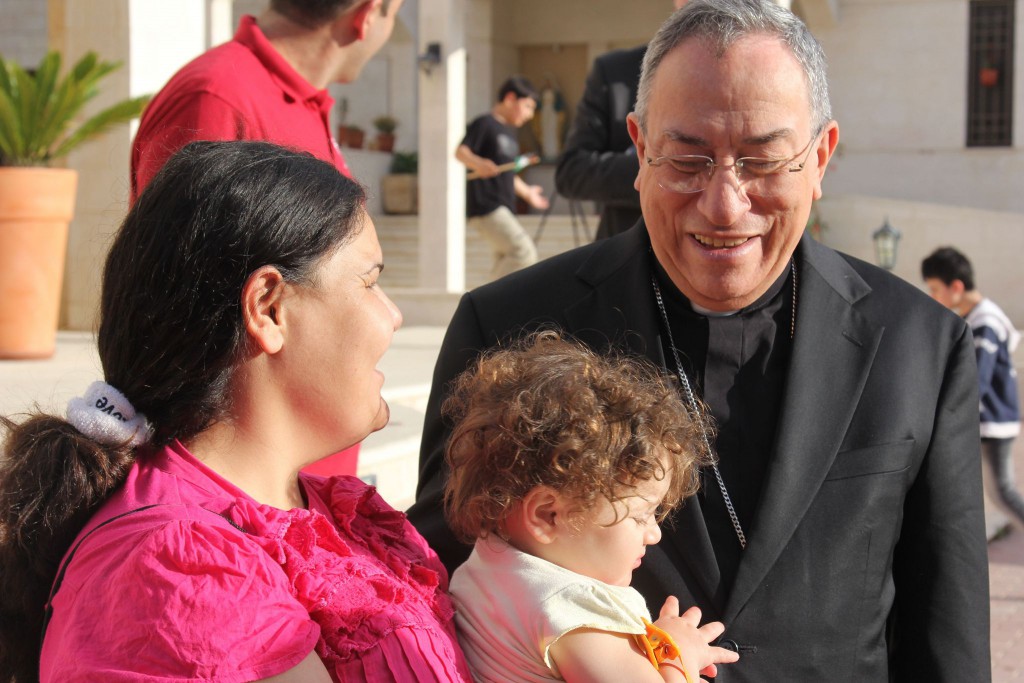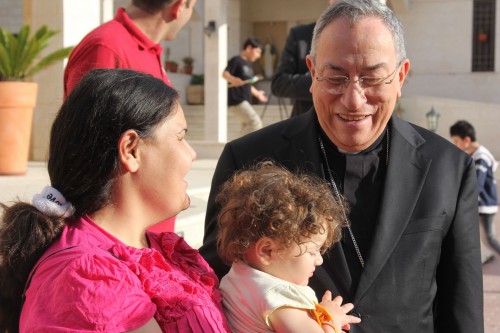7th October 2014
Contributing to Caritas


Caritas Internationalis (CI) is the official humanitarian and development agency of the global Catholic Church. Created in the 1950s under papal guidance, it was described recently by Pope Francis as “an essential part of the Church”. It now has over 160 member organisations operating in 200 countries and territories around the globe, including CAFOD in England, SCIAF in Scotland and Trocaire in Ireland.
Last weekend, I had the privilege of being able to join CI President Cardinal Oscar Rodriguez Maradiaga, and Secretary General Michel Roy at a series of events aimed at encouraging philanthropic donors to support the work of Caritas through the General Secretariat here in Rome, which co-ordinates CI’s work. One of the great aspects of the CI network is its low overheads: the Secretariat at the Vatican has just 25 staff members, and most of those who work for the global network are volunteers. The ratios of Caritas in Africa tell the story: 13,000 people employed in the continent’s Caritas organisations, supported by 427,000 volunteers, reaching 77 million beneficiaries on the ground, in areas from human trafficking to humanitarian emergency, food production to health care. Some of these are putting their lives in danger today in response to the ebola outbreak in West Africa.
It is the Caritas strength at grass roots level that make them an invaluable partner for countries like the UK, as we seek to find allies in our efforts to deliver development and humanitarian aid efficiently and cost effectively to those that really need it, from Syria to the Democratic Republic of Congo. I was delighted to add this embassy’s weight to their efforts to raise funds to ensure that they can keep doing this, as our partners, in the future.